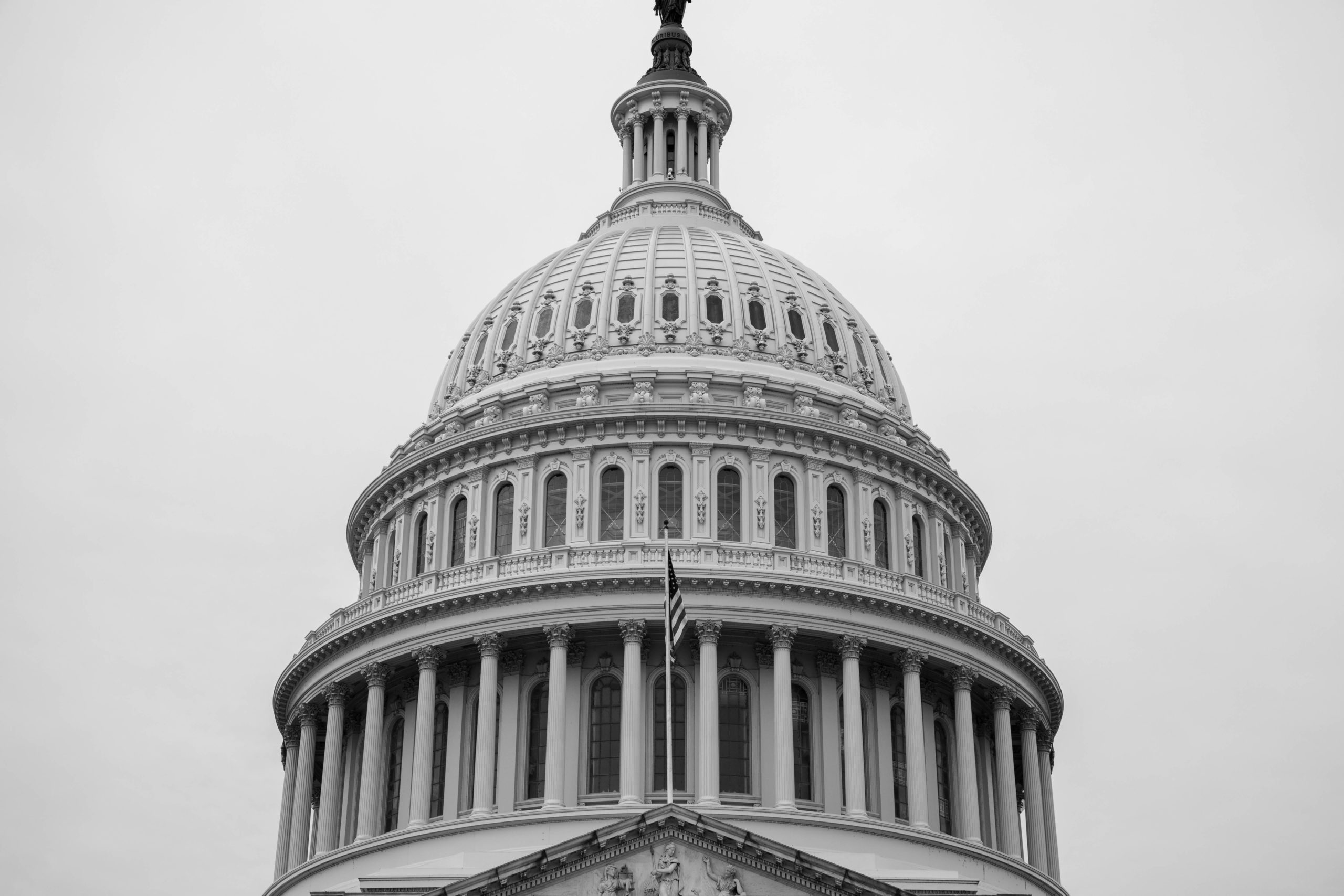A Mixed Bag of Copyright Provisions in Omnibus Spending Bill

The omnibus spending bill just passed by Congress contains two provisions relating to copyright law—one largely unobjectionable, the other highly problematic.
Felony Streaming
The unobjectionable provision extends felony penalties to unlawful streaming services. The existing criminal copyright framework allows prosecutors to seek felony penalties for willful infringement of the reproduction right and the distribution right, but only misdemeanor penalties for infringement of the public performance right. This is because in the past, criminal copyright activities related to the large-scale creation and distribution of infringing copies. As online infringement migrated from downloads to streaming, rights holders sought the prosecution of unlawful streaming services. The Department of Justice claimed that without the availability of felony penalties, a prosecutor had insufficient incentive to pursue unlawful streaming services, which infringe the public performance right, but arguably not the reproduction or distribution rights. Accordingly, rights holders lobbied Congress to extend felony penalties to willful infringement of the public performance right.
The problem is that in the Internet environment, a single allegedly infringing work uploaded by an individual to a streaming platform might receive a million views. Members of Congress did not want to treat such an individual as a felon. Plugging the so-called “felony streaming ‘loophole’”, therefore, took careful drafting to ensure that the felony penalties applied only to unlawful streaming services, and not to individuals posting videos on streaming platforms and/or legitimate platforms on which infringing videos might be posted.
Senate IP Subcommittee Chairman Thom Tillis convened stakeholders to address this issue. After six months of negotiations among representatives of rights holders, consumers, broadcasters, and technology companies, agreement was reached on language extending felony penalties to a digital transmission service that (1) is primarily designed or provided for the purpose of publicly performing works unlawfully; (2) has no commercially significant purpose other than to publicly perform works unlawfully; or (3) is intentionally marketed by or at the direction of that person to promote its use in publicly performing works unlawfully. (CCIA participated in these negotiations.) Because of the consensus-driven process among relevant stakeholders, the resulting provision did not face serious opposition.
Small Claims Tribunal
In contrast, the omnibus bill also includes a highly problematic provision establishing a small claims tribunal in the Copyright Office. This Copyright Claims Board (“CCB”) could be abused by copyright trolls to extract significant copyright damages from unsophisticated individuals.
Groups representing individual rights holders such as photographers have long sought a low-cost alternative to copyright infringement litigation in federal court. Because of the relatively small dollar value of their claims, individual creators reportedly have difficulty finding lawyers willing to help them enforce their claims.
The Copyright Office in 2013 issued a report endorsing the establishment of a small claims tribunal in the Copyright Office. The Copyright Alternatives in Small-Claims Enforcement (“CASE”) Act passed the House in 2019, and was included in the omnibus bill. The process before the CCB has several significant disadvantages from a defendant’s perspective, including: limited discovery; no jury trial; limited rights of appeal; and exposure to statutory damages of $7,500 for a work that was not registered prior to infringement.
Because the CCB proceedings require the waiving of a right to a trial by jury and appeal to federal court, they can be constitutional only if they are voluntary; the defendant must agree to the CCB’s jurisdiction. However, the CASE Act adopts an opt-out procedure; unless the defendant affirmatively opts-out after receiving a notice from the CCB, the defendant is subject to the CCB’s jurisdiction. It is far from clear that an opt-out procedure meets the constitutional requirements for a voluntary waiver of rights.
Even if opt-out is constitutional, there is a danger that unsophisticated consumers would not understand that it typically would be in their interest to opt-out. Upon receiving a notice from the CCB, they would do nothing, and then find themselves hauled before an administrative tribunal. Consumer and technology groups advocated for adoption of an opt-in procedure instead of opt-out, but the bill’s sponsors refused to entertain this option. Thus, it is likely that the CCB will become a forum that facilitates the bringing of infringement claims against unsuspecting individuals. Corporations advised by counsel and intentional infringers will choose to opt-out.
The bill’s proponents argued that there could be circumstances where the defendant would prefer the CCB to federal court. If this is so, then the bill’s sponsors would have agreed to an opt-in procedure. In any event, one of the CCB’s main “advantages” over federal court—capping the damages available in one proceeding at $30,000—is illusory because the Copyright Office has the authority to raise the cap by regulation.
Moreover, the CASE Act is so complex that it won’t be used by pro se individual creators. It takes up 67 pages in the omnibus bill, as opposed to the four pages of the “felony streaming” bill, and the Copyright Office will have to promulgate additional regulations to fill in all the details of the CCB process. Instead, the CCB will be a new forum for copyright lawyers who engage in trolling behavior on behalf of their clients. While the Act provides the Copyright Office with the authority to issue regulations limiting the number of CCB claims a rights holder can file in a single year, there is no guarantee that the Office will in fact create such limits, and that the trolls won’t find a way to circumvent them.
Unfortunately, the CASE Act did not follow the same process as the “felony streaming” provision. While the House Judiciary Committee did hold a hearing and convene some discussions among stakeholders on the CASE Act, formal negotiations designed to achieve a product the relevant parties could live with never occurred in either the House or the Senate. Thus, a consensus bill never emerged. As a result, the constitutionality of the CASE Act’s opt-out feature almost certainly will be challenged, and the CCB will remain controversial for years to come.








